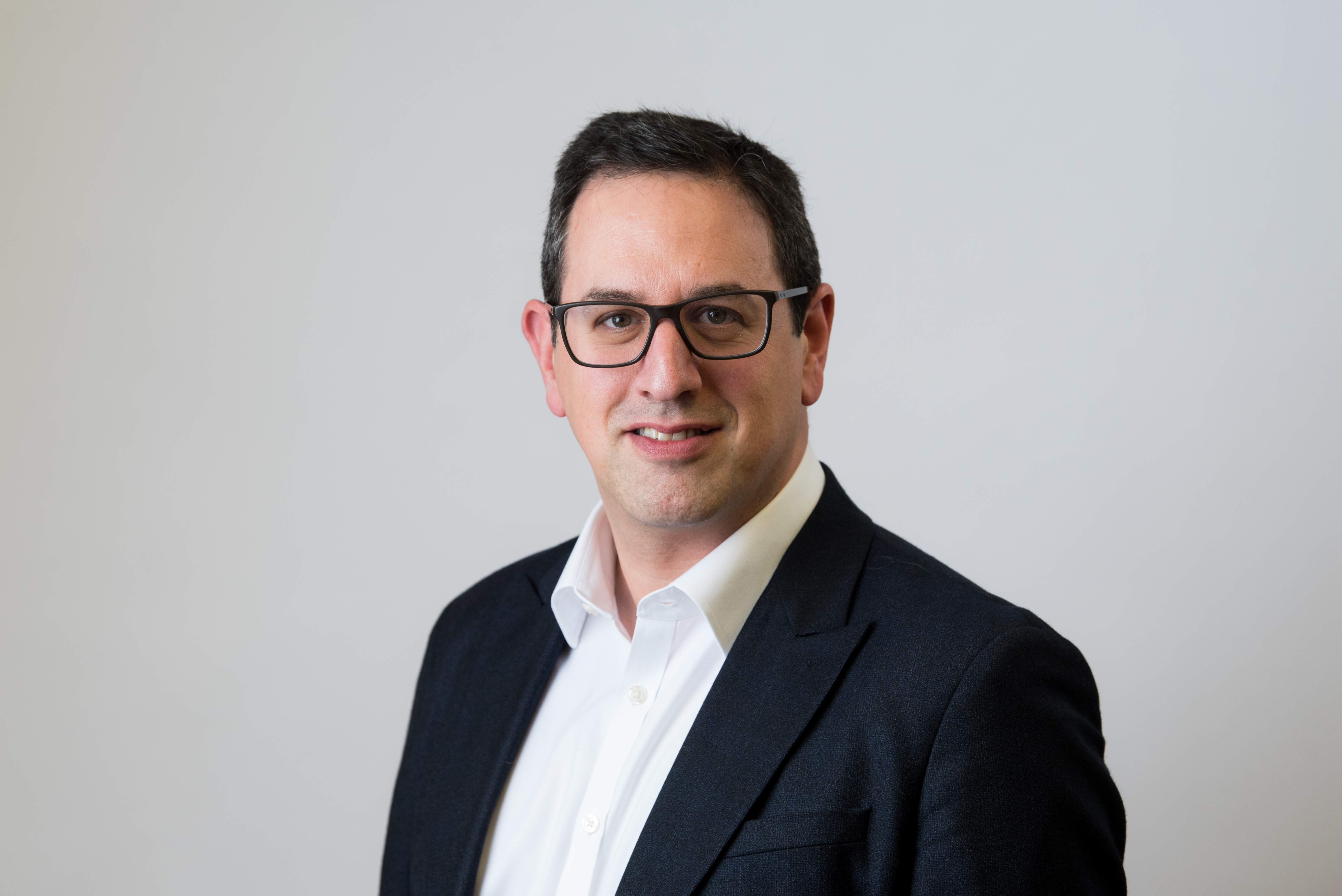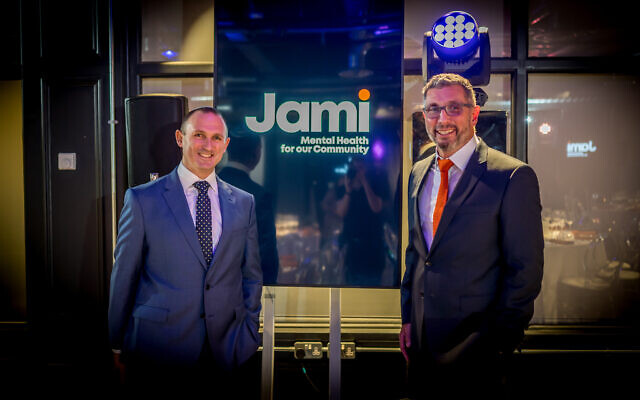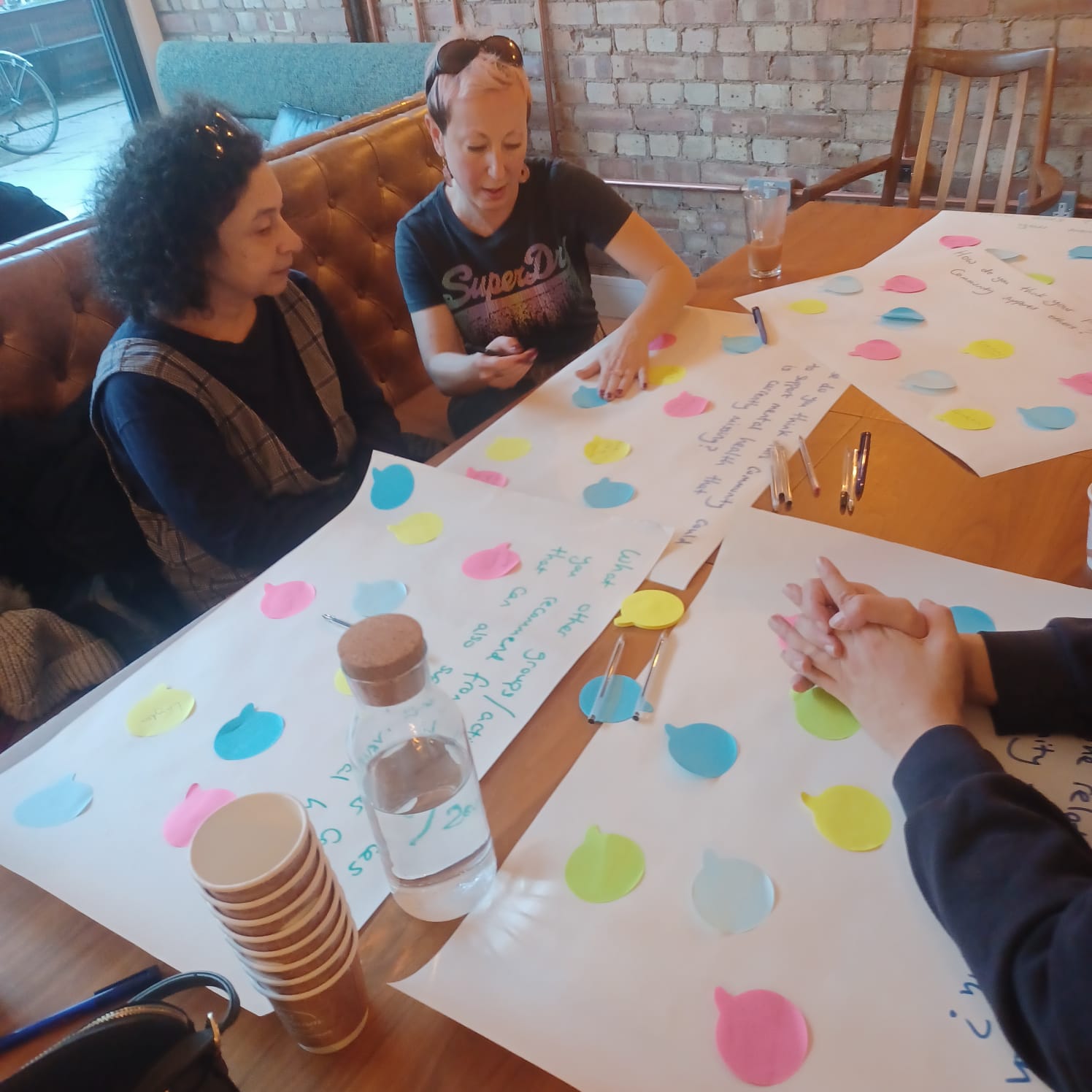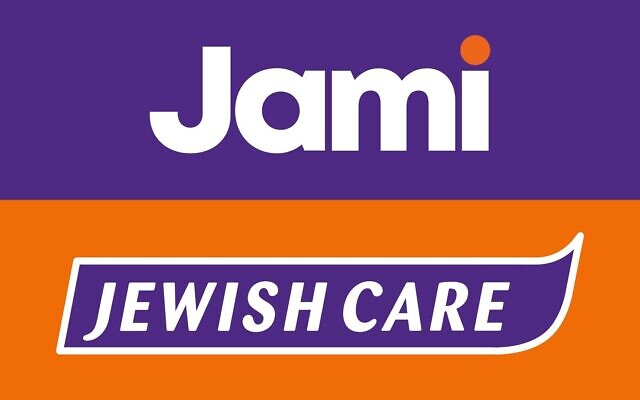‘Business as usual’ says Jewish Care CEO following historical communal merger
As Jewish Care announces its integration with Jami, Daniel Carmel-Brown says it's a 'strategic issue' to provide comprehensive mental health services across the Jewish community
On 2 November, two of the Jewish community’s largest charities announced a merger of their boards.
Jewish Care supports more than 10,000 people each week and Jami is the leading charity supporting mental health in the Jewish community.
After 17 years leading Jami, Laurie Rackind steps down from his role as chief executive whilst Jewish Care chief executive Daniel Carmel-Brown takes the lead.
Speaking to Jewish News, Carmel-Brown says: “This a journey. This step is the next part of the evolution of a relationship that goes back many, many years.”

Jewish Care have provided mental health services for people in the community “for a very long time, in different ways. About 15 years ago, there was a recognition that Jami had emerged in the community. Between Jami and Jewish Care, it was considered a more effective use of community resources if we put the two services together.”
At that time, he adds it felt “appropriate” to “take out of Jewish Care its community based mental health services and for this to sit with Jami, and for Jami to be the single provider of community facing mental health services.”

During that period, Jewish Care’s commitment was to continue to fund Jami, “significant sums of money to the tune of £700k per annum”. Jami spends roughly £4 million a year on its services.
Following the merger announcement, he tells Jewish News that “what we have announced is the next step in that relationship, which is why we use the word ‘integration’.”
As for the approach of “business as usual’. Carmel-Brown says “as far as the people who benefit from Jami’s services are concerned, nothing really changes. The staff are the same. The tone of the organisation, the way people receive services doesn’t change. It’s a strategic issue in terms of the integration.”
A result of “the very good work that Jami colleagues have done in that time, is that Jami services have grown and diversified very significantly. Effectively the size of Jami has quadrupled in that time and it has started to go down different routes.”
Carmel-Brown praises Laurie Rackind for having done “a fantastic job of changing the face of mental health services for the community. He’s de-stigmatised it for many people. That’s good news because more people can access our services when they need them.”
As for streamlining the services of the two organisations, Carmel-Brown says “We’ve announced our intention to transfer hopefully all of the staff across to Jewish Care. That process will take part in early 2024. In the meantime the services continue as normal.
“Jami is continuing to fundraise for its services with our support and together we are going to take a view on what needs to be reviewed in the long term. Primarily the purpose of that is to see how we can grow services together because even though Jami has done a great job of growing the provision of mental health services, it is still in the region of 8-9% of what we are spending.”
With one in four people in any community experiencing some kind of mental ill health, he adds that “you would expect us as an organisation to be saying there is more demand and we need to find a way of meeting that.”
Referencing the pandemic period, he says Jewish Care has been through “its own tricky and tough period over the past three or four years.

“We went through Covid into a period of deep uncertainty around the world caused by the the invasion of Ukraine by Russia and the impact that’s had on the cost of living and energy prices. We’ve weathered that storm so far. Obviously the circumstances that have originated in Gaza and Israel in the last few weeks are very troubling for everybody.
“There is a very deep connection to the work Jami and Jewish Care do in that context because the anxiety that has created in the community has seen a very clear step change in terms of the support that people are looking for both individually and collectively. Jewish Care is very much seen as the safe haven for the community anyway. This situation exacerbates that.”
Carmel-Brown has “no doubt” that Rackind will remain “committed and involved in some form going forward. He’s done a brilliant job in the last 17 years. He is highly regarded by the community but also by people who deliver mental health services around the country. Jami has become a go-to organisation for the UK sector around mental health and Laurie has positioned Jami and the Jewish community as being a provider who are experts.”
Cost savings are a ‘”beneficial consequence of what we are trying to achieve” and “not having two chief executives is a good example.”
As a final message, Carmel-Brown issues a heartfelt ‘thank you to the community for all its support for Jami and Jewish Care to date’ whilst asking them to understand that the future remains a challenge.
“Together,” he says, “we can provide the very best services for those who need it in the community. We need the community to come on board with our desire and ambition to grow our ability to meet the demand for those who need the support. We are going to retain the Jami brand because it’s very much recognised by the community. It would be unwise of us to think that we could divest from that.”

Thank you for helping to make Jewish News the leading source of news and opinion for the UK Jewish community. Today we're asking for your invaluable help to continue putting our community first in everything we do.
For as little as £5 a month you can help sustain the vital work we do in celebrating and standing up for Jewish life in Britain.
Jewish News holds our community together and keeps us connected. Like a synagogue, it’s where people turn to feel part of something bigger. It also proudly shows the rest of Britain the vibrancy and rich culture of modern Jewish life.
You can make a quick and easy one-off or monthly contribution of £5, £10, £20 or any other sum you’re comfortable with.
100% of your donation will help us continue celebrating our community, in all its dynamic diversity...
Engaging
Being a community platform means so much more than producing a newspaper and website. One of our proudest roles is media partnering with our invaluable charities to amplify the outstanding work they do to help us all.
Celebrating
There’s no shortage of oys in the world but Jewish News takes every opportunity to celebrate the joys too, through projects like Night of Heroes, 40 Under 40 and other compelling countdowns that make the community kvell with pride.
Pioneering
In the first collaboration between media outlets from different faiths, Jewish News worked with British Muslim TV and Church Times to produce a list of young activists leading the way on interfaith understanding.
Campaigning
Royal Mail issued a stamp honouring Holocaust hero Sir Nicholas Winton after a Jewish News campaign attracted more than 100,000 backers. Jewish Newsalso produces special editions of the paper highlighting pressing issues including mental health and Holocaust remembrance.
Easy access
In an age when news is readily accessible, Jewish News provides high-quality content free online and offline, removing any financial barriers to connecting people.
Voice of our community to wider society
The Jewish News team regularly appears on TV, radio and on the pages of the national press to comment on stories about the Jewish community. Easy access to the paper on the streets of London also means Jewish News provides an invaluable window into the community for the country at large.
We hope you agree all this is worth preserving.






















